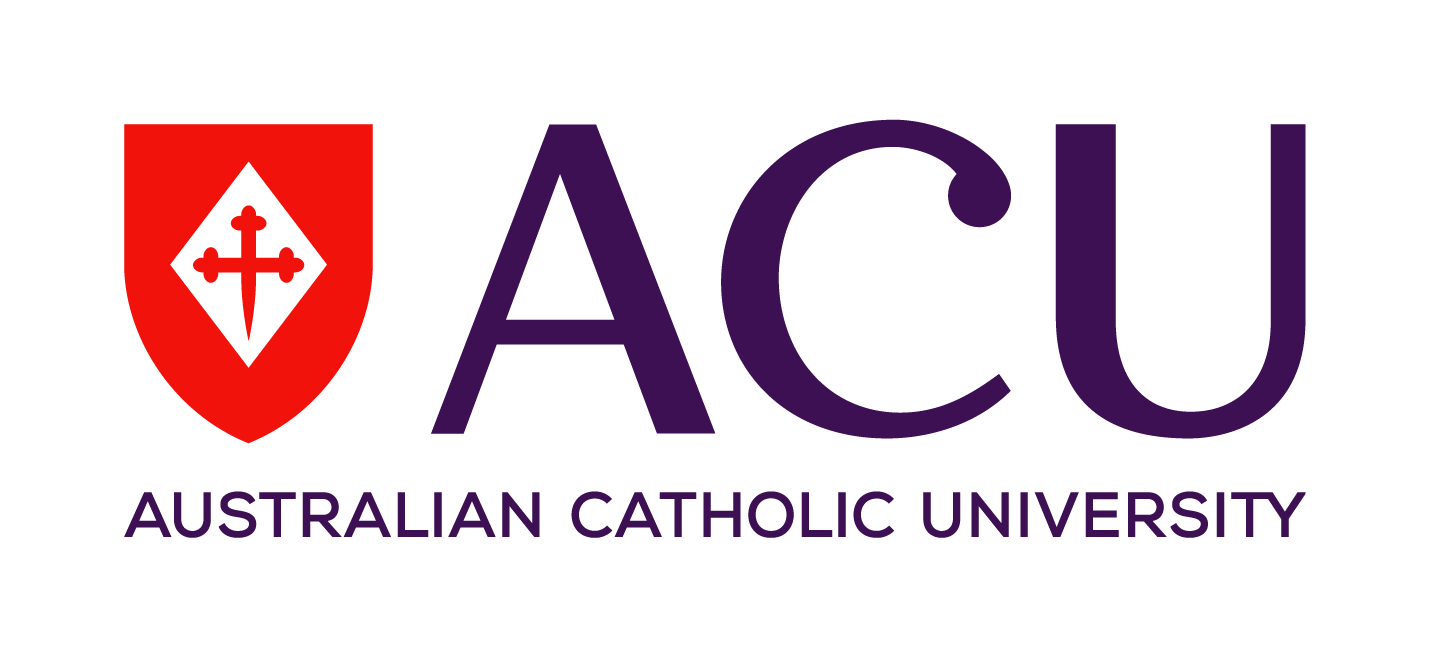
Bachelor of Information Technology (Software Development)


Career Overview
3 YEARS
YES
AUD$ 37,100 PER ANNUM
FEBRUARY JULY
The Bachelor of Information Technology (Software Development) will see you graduate as an ICT professional with the expertise to pursue a career in the specialist area of computer software and applications development.
Throughout your program you will complete a unique series of collaborative, work-integrated courses, reinforcing the concepts learnt in the classroom in a supportive practice environment. Soft, non-technical skills are also integrated into your learning to develop the qualities highly valued and sought after by industry. Topics include design thinking, system requirements, system design, agile development, and project management.
In your final year you may have the opportunity to work directly with an industry client – from brief through to project delivery – with our ICT Capstone Project. This allows you to demonstrate your ability to deliver work to industry standard, and to the satisfaction of a client.
Most of our IT undergraduate programs share a common first-year, so choosing this degree offers ultimate flexibility. Should you wish to pursue a different specialty after completing your first-year, you can switch to an alternative IT program and receive credit for the courses completed. Start now, decide later.
Inquire Now
Entry Requirements
ENGLISH LANGUAGE REQUIREMENTS
IELTS total [6.0]
IELTS reading [6.0]
IELTS writing [6.0]
Career Outcomes
The number of technology workers in Australia is expected to pass 1 million in 2024. By 2026, it is predicted there will be nearly 300,000 more technology workers in the Australian workforce – an average annual growth rate of 5.4%. And software programming skills are in particularly high demand¹.
There are strong employment prospects for suitably qualified ICT professionals.
Graduates of this degree may wish to consider the following career options:
Software Developer: working in a diverse range of programming roles designing, coding, testing and debugging software applications; interpreting customer requirements into a code solution; working with a team to research, design, and implement a software solution; working with others to extend existing software functionality; producing standalone software solutions for a client; producing a solution that contributes to a large software system.
Analyst Programmer: working in support of achieving business objectives, analysing system needs and providing technology-based solutions, including the development of software, processes, procedures and documentation.
Cloud Developer: designing cloud-based solutions to achieve business objectives and strategies; responsible for managing cloud services and solutions; developing applications for a variety of devices and virtual infrastructure.
Web Developer: designing, developing, testing and debuging dynamic websites in order to meet client requirements.
SCRUM Developer: working in a scrum team developing quality software artefacts in a diverse range of contexts.
Front / back-end Developer: working across both the front-end and back-end of technology (languages and frameworks) to design, develop, test and debug dynamic websites in order to meet client requirements.
Popular Courses
Find your perfect course
Head Office
Kamaladi, Kathmandu
Tel: +977 14542781, 9845566225
E-mail: info@landmarkedu.com
Sydney office
46 Macquarie Street,
Parramatta, NSW
Tel: +61 415 122 814
Branch office
Tel: 056-590825
Tel: 021-590828
Tel: 977-71-591694

